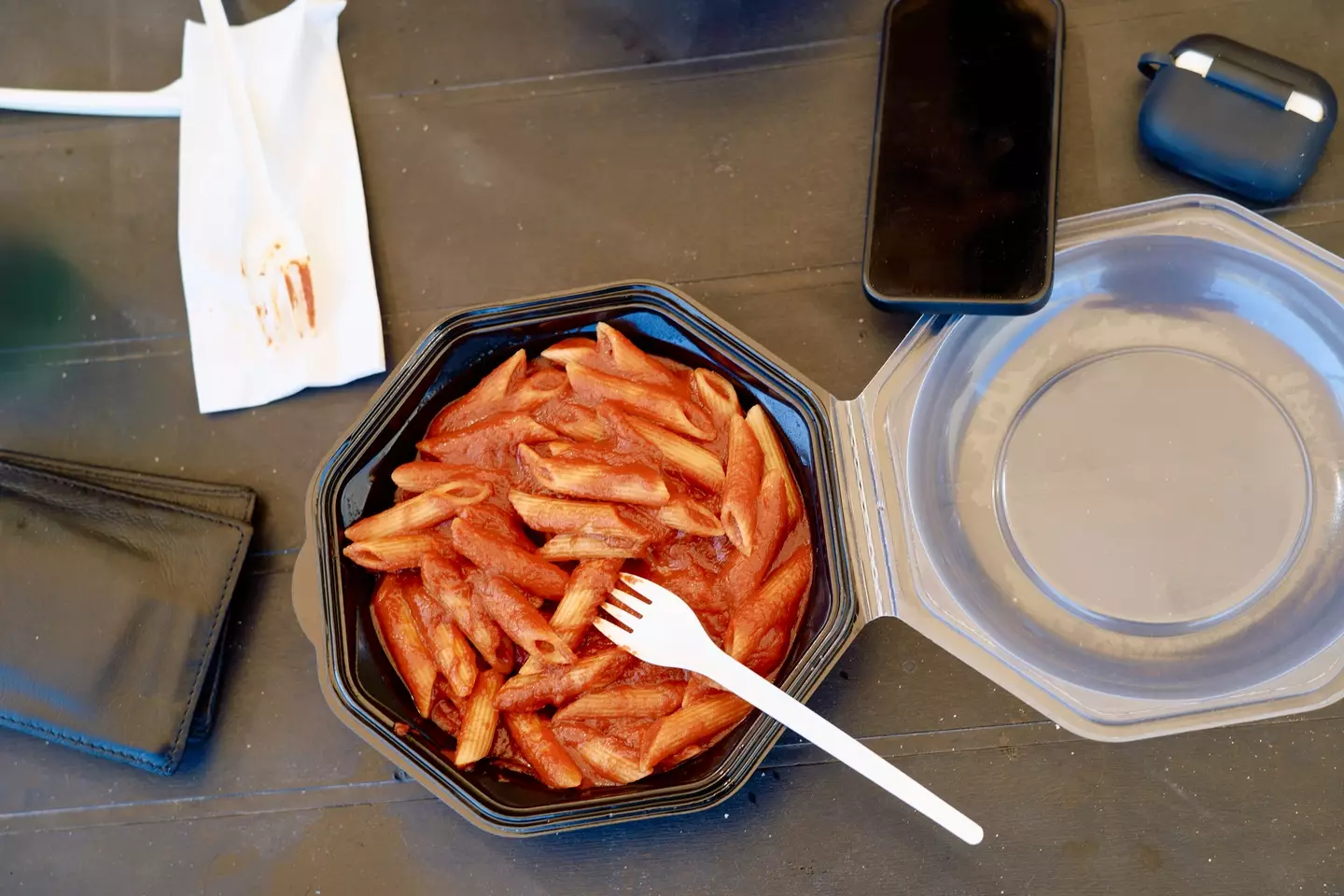
We all know plastic is a problem - it's in our oceans, our food, even our bodies.
But while you’re probably thinking of bottles, bags or packaging, one of the biggest culprits might be something far more low-key.
It’s something you’ve definitely used. You probably threw one in your bag last week. And if you ever eat on the go, chances are, you’ve got one within reach right now.

Advert
We're talking about disposable cutlery - the cheap plastic forks, knives and spoons handed out with everything from salad pots to sushi rolls.
Experts are now warning that single-use utensils are one of the most common ways microplastics get into your body - and the risks are more serious than you might think.
"Higher temperatures in food can increase microplastic shedding," food scientist and author Dr Bryan Quoc Le told Delish.
In other words, if your takeaway is piping hot, that flimsy fork might be breaking down and sneaking plastic particles into every bite.
Microplastics are tiny pieces of plastic that break off and can be swallowed without you even noticing.
Over time, they've been found in everything from human blood to placentas. And while scientists are still figuring out the full impact, early findings are raising a lot of eyebrows.
Dr Nicholas Dragolea, a London-based physician, also told Delish that microplastics 'can increase inflammation in regions of the body where [they] are lodged, leading to potential health consequences'.
That could mean problems with fertility, heart health or even a higher risk of cancer, depending on where they settle.
So what can you do about it? Experts recommend switching to reusable options - like stainless steel or treated wooden cutlery - especially when eating hot, greasy or acidic food (basically, most takeaways).
.jpg)
If you’re looking for a disposable backup, utensils made from PLA (a plant-based plastic) are less likely to shed harmful particles, though they’re still not perfect.
It might feel like a small thing, but considering how often we use these utensils, the impact adds up. And reusing the same plastic fork because it looks clean isn't the answer either - that can make things worse.
So next time you’re grabbing a meal deal or eating al fresco, maybe skip the free plastic fork and chuck a metal one in your bag instead. Your stomach (and the planet) will probably thank you.
Topics: Health
